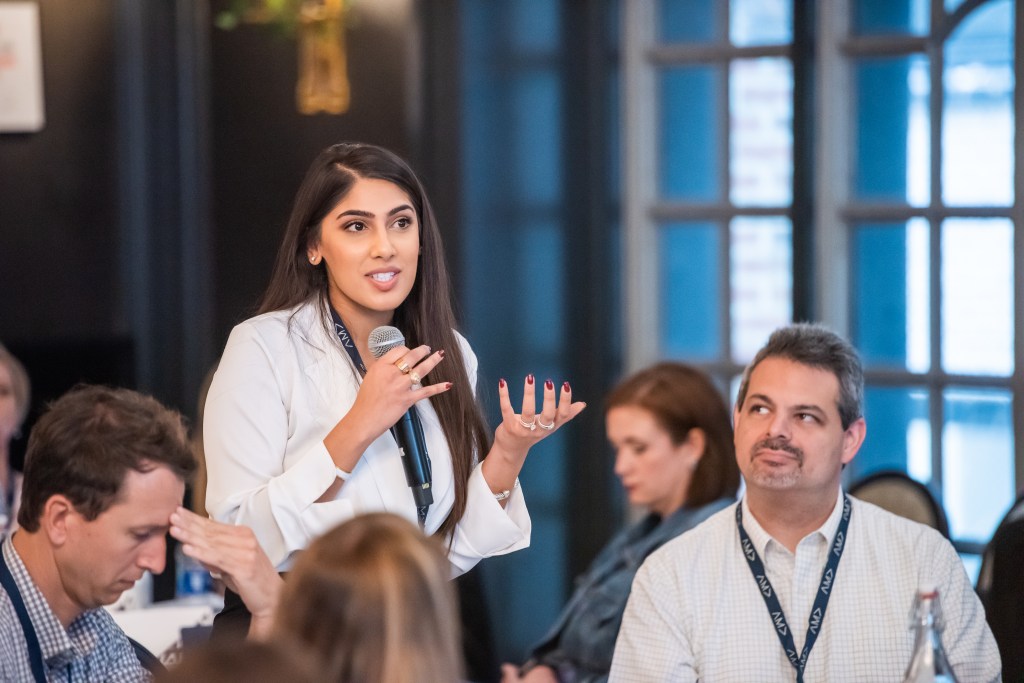Essential Skills for Marketers: 2025 and Beyond
TL;DR
Essential Skills for Marketers in 2026
Data Literacy and Analytics
Data will remain central to marketing strategy. Marketers need to interpret data for actionable insights, mastering traditional and advanced analytics like predictive analytics and AI-driven insights. Strong data literacy helps craft personalized, effective campaigns, enhance customer engagement, and drive decision-making.

AI and Automation
Mastery of AI-based tools for content creation, customer service, and data analysis is crucial. Focus on how AI optimizes workflows, creates personalized customer experiences, and provides predictive analyses. Skills in AI allow marketers to innovate and streamline processes, driving greater efficiency and impact.

AI and automation tools amplify creativity and efficiency. Automating repetitive emails or using AI for draft content frees up time for strategic work.
Try this: Identify a repetitive task and use an AI assistant like ChatGPT or Jasper to generate subject lines and copy. Use a tool like Zapier or HubSpot to run A/B tests and automate follow-up emails.
Content Strategy and Storytelling
Craft compelling narratives that resonate with target audiences. Balance creativity with data-driven content creation, ensuring content aligns with marketing goals and engages users effectively. MarTechBot can help answer questions about marketing.
Customer Experience Management
Develop skills to manage and enhance the entire customer journey, from initial contact to post-purchase interactions. Leverage customer feedback to refine experiences continuously. Anticipating customer needs and managing seamless interactions across multiple touchpoints is essential.
Social Media Proficiency
Stay ahead of trends and algorithms to effectively reach audiences on social media. Skills in content creation, community management, and social media analytics are essential. Understand the growing role of social commerce and influencer collaborations.
SEO and SEM Expertise
Refine skills in keyword research, content optimization, and analytics. Keeping up with search engine algorithm updates is necessary to maintain visibility and drive organic traffic, enhancing brand presence and reach. Search Engine Optimization skills are vital.
Cross-Channel Marketing
Integrate various channels, from email and social media to mobile and voice search, requiring a comprehensive understanding of how each platform fits into the consumer lifecycle. The ability to create cohesive experiences across channels is invaluable.
Try this: Before launching a cross-channel campaign, define the main goal on each channel (awareness, engagement, clicks), how success is measured (views, comments, CTR), and the emotional tone that fits the audience.
Ethical Marketing Practices
Commit to responsible marketing. Develop skills in ethical data collection, transparency, and compliance with regulations such as GDPR. Prioritizing ethical practices builds trust with consumers.
Agility and Adaptability
Be open to continuous learning and ready to pivot strategies in response to new challenges and opportunities. Marketers who embrace agility can rapidly iterate and experiment, staying competitive. Adaptability is the top trending skill.
Emotional Intelligence and Soft Skills
Emotional intelligence and soft skills, such as empathy and communication, play a critical role in building authentic connections with audiences. Marketers with high emotional intelligence navigate complex interpersonal interactions and foster stronger brand relationships.
Hard Skills for Marketing
Success rarely lies on one marketing channel alone. The ability to adapt the same idea across multiple platforms while keeping the core story intact is critical to making campaigns cohesive, relevant, and more likely to resonate with diverse audiences.
Data Storytelling & Insight Visualization
Marketers must turn data into stories that inspire action.
Try this: Take the results of your last campaign and write a short “story” instead of a report. Include what happened (key metric up or down), why it happened (audience behavior, timing, message fit), and what you recommend doing next.
Conversion Rate Optimization (CRO)
CRO is the art of turning visitors into customers by testing headlines, CTAs, or layouts to see what drives action.
Try this: Set up a simple A/B test landing page. Measure which performs better and document the result. Then ask yourself: Why did that version perform better? Is there anything else we can test to further enhance performance? Can we apply this learning to other pages?
Customer Journey Mapping & Experience Design
Mapping the customer journey helps you spot friction points and opportunities for better experiences.
Try this: Sketch your customer journey from first touch to repeat purchase. Then ask yourself: Where do we lose people? What can we do to avoid losing them (simplify the journey, add human touch, reduce friction, etc.)
Soft Skills for Marketing
Marketing rarely goes to plan. Creative problem-solvers turn constraints into opportunities, keeping campaigns impactful even in tough conditions.
Try this: Take a campaign you’ve run and imagine you had only half the budget. Which channels would you cut? How could you reuse assets? What unpaid tactics (partnerships, organic reach) could replace paid media?
Collaboration Across Functions
Success depends on close alignment with sales, product, design, and customer success.
Try this: Set up a 30-minute chat with someone from another team (e.g., sales or product). Ask them about their top challenge right now.
Adaptability & Change Resilience
Marketers who can pivot quickly thrive in uncertain environments.
Try this: Choose one campaign that underperformed. Write three hypotheses about why it failed. Draft one adjustment you’d make in a new version. Share these lessons with your team in a retro or swipe file.
Future Foresight & Strategic Thinking
Future foresight is the ability to scan signals of change (technological, cultural, economic), imagine possible scenarios, and prepare strategies that stay relevant even as the landscape shifts.
Try this: Pick a trend that’s affecting your industry (e.g., AI adoption, sustainability regulations, shifting consumer values). Write down three different scenarios of how this trend could evolve in the next 5 years: optimistic, pessimistic, and unexpected. For each scenario, ask: What would this mean for our customers? Our brand? Our channels? Identify one small action you could take today to prepare, no matter which scenario comes true.
Skills Volatility
Marketers report uncertainty about how skills related to technology and channels will change, especially in AI, data privacy, search and social media. Gen AI is the top-rated future skill.
Balanced Skill Sets
Organizations are prioritizing a blend of analytical and flexible core skills like social media marketing and SEO.





